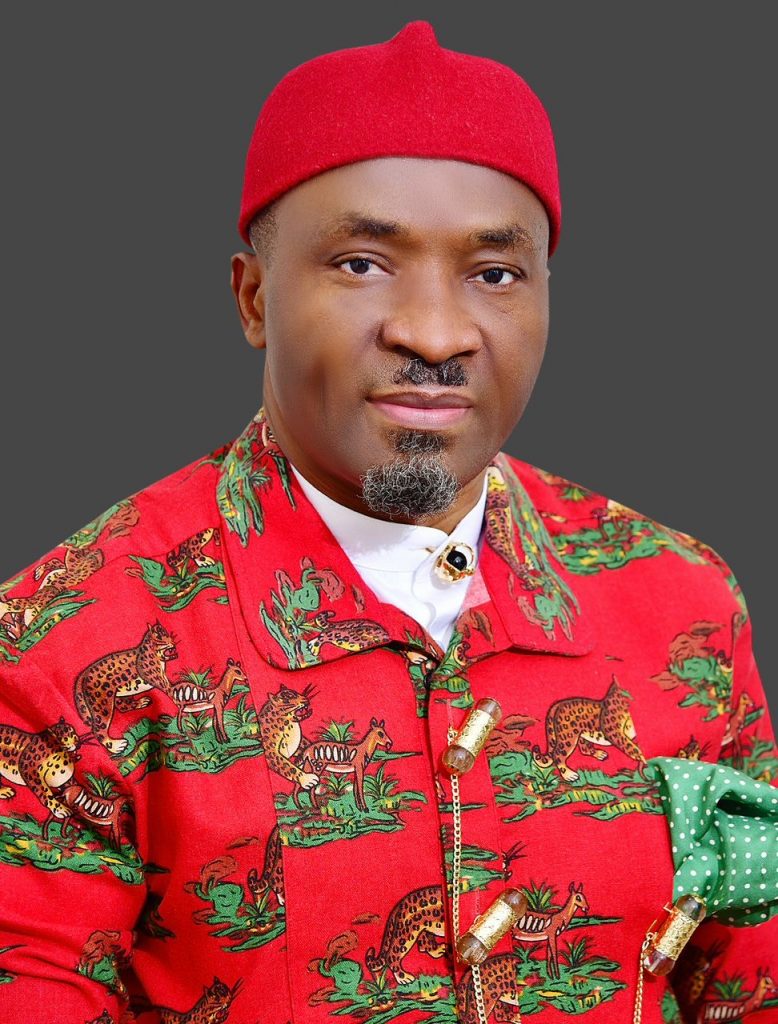The Deputy Speaker of the House of Representatives, Ben Kalu, says the Nigerian government desires the “ethical and responsible” use of Artificial Intelligence (AI) to protect democracy.
Mr Kalu spoke on Monday at the 149th Inter-Parliamentary Union (IPU) General Debate in Geneva, Switzerland, according to a statement issued by his spokesperson, Levinus Nwabughiogu.
The IPU is a forum for parliamentarians, where lawmakers discuss global issues.
The deputy speaker, who spoke on the theme: “Harnessing Science, Technology, and Innovation (STI) for a More Peaceful and Sustainable Future”, highlighted the critical role of AI in development but warned of the dangers of its “irresponsible usage”.
Speaking on Nigeria’s plans for AI, Mr Kalu said the federal government is moving towards adopting a National Artificial Intelligence (AI) Policy Framework, adding that the country is committed to ensuring the responsible use of AI.
He further noted that the Nigerian government is deploying both executive and legislative tools to harness the potential of Artificial Intelligence.
“Our legislative and executive actions clearly reflect Nigeria’s commitment to harnessing STI. In 2022, Nigeria’s parliament passed the Nigeria Startup Act, a landmark piece of legislation aimed at creating a conducive environment for technology and innovation startups.
“Nigeria is now working towards adopting a National Artificial Intelligence (AI) Policy Framework. Led by our Minister of Communications, Innovation, and Digital Economy, this policy will pave the way for the ethical use of AI in addressing key challenges, from automating agricultural processes to enhancing healthcare delivery.
“We envision a future where AI optimises wage employment rather than undermines it, ensuring that automation leads to job creation rather than destruction,” Mr Kalu said.
The deputy speaker stressed that the Nigerian government is concerned about issues such as “data protection, misinformation, and job displacement”.
Speaking further, he noted that electoral integrity is a major concern not only for Nigeria but globally,, and that the international community must collaborate to address these concerns.
“The integrity of universal electoral processes is a global imperative, and recent developments in Artificial Intelligence are posing threats, especially in the spread of disinformation and cyber vulnerabilities in election systems,” Mr Kalu said.
“We call for the responsible use of AI to safeguard the integrity of democratic processes, particularly against threats such as deepfakes and the spread of disinformation,” he added.

